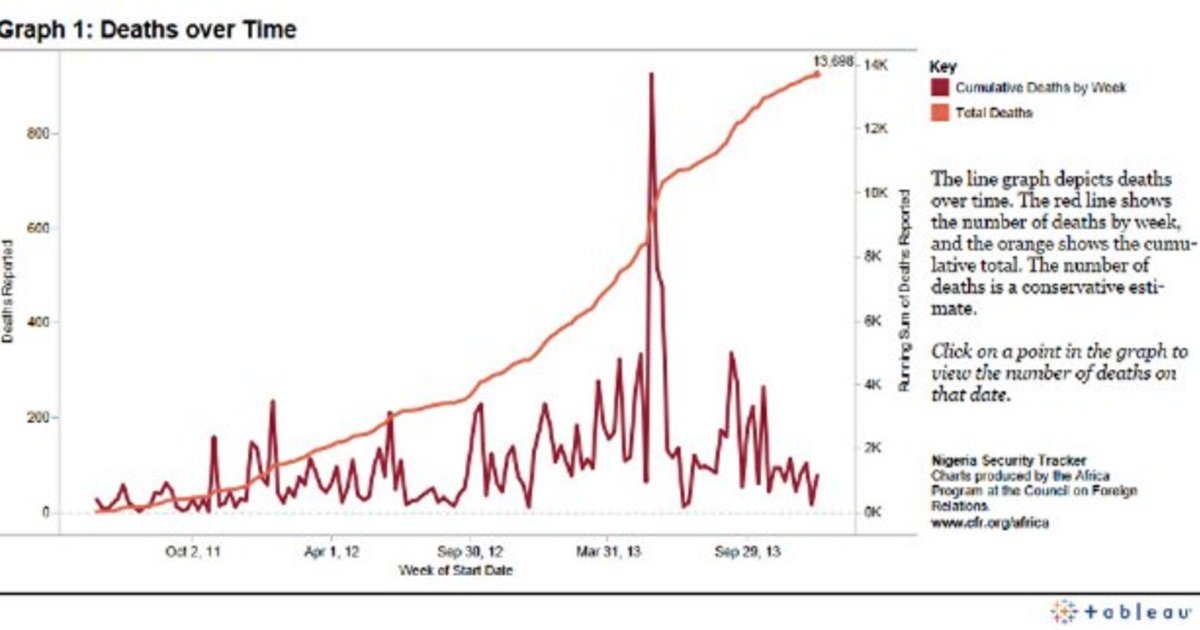Femi Gbajabiamila, the Speaker of the Nigerian House of Representatives said in a paper delivered at School of Oriental Studies London that rampant insecurity in the common wealth of Nigeria posed a danger to the foundational nationhood of Nigeria.
In the paper titled, ‘Democracy in Challenging Times: The Role of African Parliaments in Safeguarding and Delivering on the Dividends of Democracy,’ he said “First, to address present challenges and then to build resilient institutions that can withstand uncertainty in troubled times, more than anything else, our focus must remain on the young and vibrant youth of Nigeria and Africa who have so much to offer the world and who have proven that they can thrive under challenging circumstances given half a chance. However, we cannot do this for as long as our present national security challenges persist.”
Speaker Gbajabiamila further stated the methodology and process that the government has utilized to combat the rising insecurity: “The government of the Federal Republic of Nigeria has responded to the reality of our present challenges by increasing funding provisions for the police and armed forces, accelerating recruitment and training to put more boots on the ground, and also acquiring weapons systems designed to give the security agencies an advantage.”
He continued, “The scope of our challenges was evident, matched only by our confidence that we would do what was required to overcome those difficulties and deliver the dividends of democracy for our people.”
And he reassured, “For me and the House, we understood that the best dividend of democracy is a just society, where individual rights are recognised and respected. Where citizens have the freedom to dream big dreams and the social resources and infrastructure to achieve those dreams.”
In another development concerning insecurity in Nigeria, Council of Foreign Relations stated: “The Nigeria Security Tracker (NST), a project of the Council on Foreign Relations’ Africa program, documents and maps violence in Nigeria that is motivated by political, economic, or social grievances. Different groups in Nigeria resort to violence. The militant Islamist movement Boko Haram is active in northern Nigeria. Violence among ethnic groups, farmers, and herdsmen sometimes acquires religious overtones. A new generation of Niger Delta militants threatens war against the state. Government soldiers kill civilians indiscriminately. Police are notorious for extrajudicial murder.”


Leave a Reply